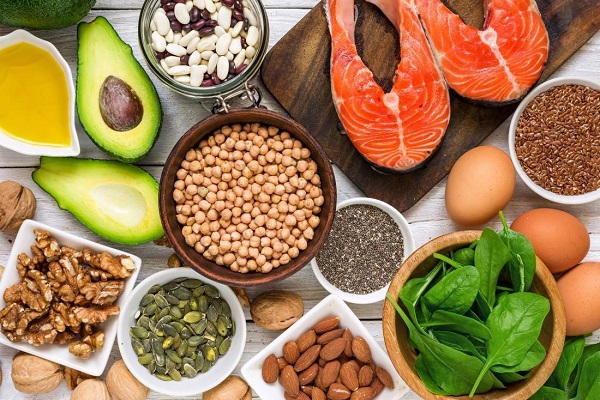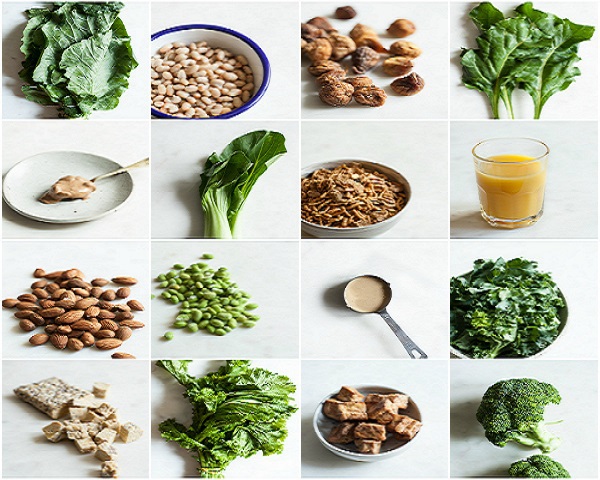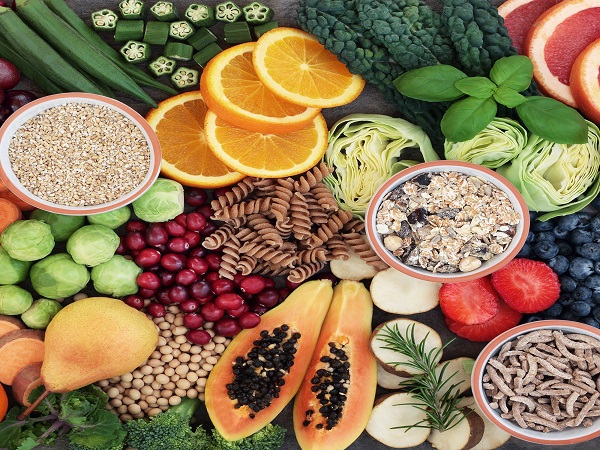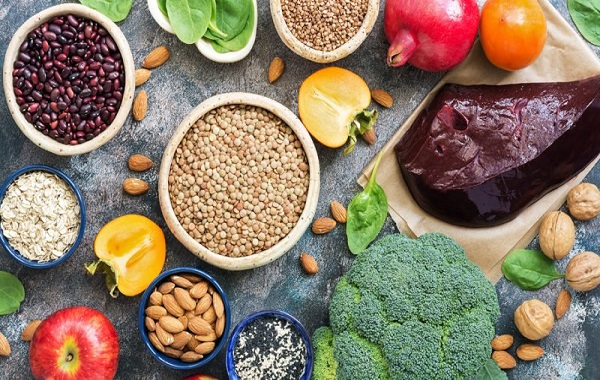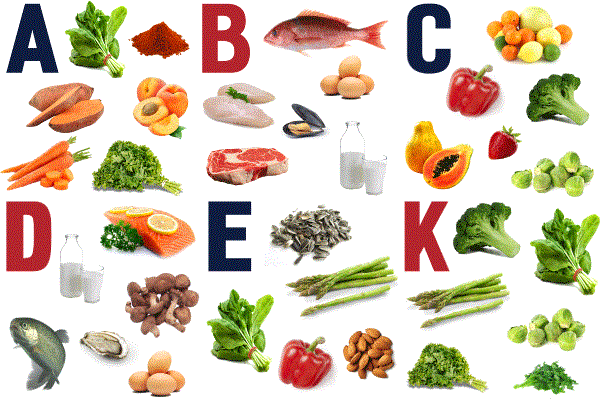5 Nutritious Foods for Older Adults
Do you live with a senior citizen? Are you keeping an eye on what they’re eating? This is important as, with age, we tend to lose some of our strength and become more prone to sickness. In fact, according to a health report by the World Health Organization (WHO), older adults become more susceptible to many diseases due to improper diet and nutrition. Eating and drinking healthfully, therefore, becomes especially important to fight diseases and lead a healthy life.
At an age where many people are considering the benefits of a retirement home, we should also consider the benefits of a healthy diet. To that end let’s examine a few foods that should be included in our diets as we age.
5 Important Foods for Older Adults
Here’s a list of important foods for seniors.
-
Foods Rich in Omega-3 Fatty Acids
Image Source – https://bit.ly/2OTyd4w
Foods rich in omega-3 fatty acids are good for older adults as they help prevent inflammation that can cause rheumatoid arthritis, cancer and heart disease. They also delay macular degeneration, an eye condition that leads to poor vision. These foods are also known to reduce the risk of Alzheimer’s. For all these reasons, you should serve foods such as tuna, salmon, mackerel, walnuts, flaxseed and soybeans once or twice a week. Additionally, use canola oil in their cooking. Consult a nutritionist for appropriate serving information.
-
Foods Rich in Calcium
Image Source – https://bit.ly/2OQ7ypu
Calcium-rich foods are crucial for strong bones. This is especially applicable as we age, as bones tend to weaken which can lead to osteoporosis. Also, when our calcium intake drops, our bodies reabsorb it from our bones, making them fragile. That’s why including calcium-rich food in our diets is important. Milk, yogurt, cheese, leafy vegetables and cereals are important sources of calcium.
Important Trivia:
The World Health Organization recommends that people over 65 consume 1200 mg of calcium every day. This amounts to four cups of milk, orange juice, soy or almond milk. Those amounts may seem like a lot, so consider supplements supervised by their doctor or nutritionist.
-
Foods Rich in Fiber
Image Source – https://bit.ly/2uJUhrA
Digestion slows with age and the walls of the gastrointestinal tract can swell as a result, leading to constipation. To prevent this, suggest foods that are rich in fiber, like nuts, wholegrain bread, cereals, brown rice, green vegetables and fruits. These foods not only promote better digestion but also reduce the risk of heart disease.
-
Foods Rich in Iron
Image Source – https://bit.ly/39EumR3
Iron helps produce hemoglobin which carries oxygen from the lungs to the rest of the body. This additionally provides energy to the body to combat lethargy. Iron deficiency can lead to anemia. Iron-rich foods include nuts, seeds, spinach, broccoli, dried fruit, beans, lentils and grains like whole wheat and brown rice.
-
Foods Rich in Vitamin
Image Source – https://bit.ly/2HoQXok
Vitamins C, D and B12 are all important for healthy living. Vitamin D helps the body absorb calcium, thus maintaining bone density. It also protects against chronic health conditions such as type 2 diabetes, osteoporosis, cancer and sclerosis. Vitamin C contains antioxidant properties that prevent heart disease and cancer, while vitamin B12 maintains nerve function and produces red blood cells. Vitamin-rich food include dairy products, meat, poultry, fruits and vegetables.
These nutrients are important for everyone but especially older people. Missing out on any of them can result in preventable health issues. The needs of individuals vary, however, so consult with a doctor or nutritionist before making big changes to the diet of the senior in your life.


